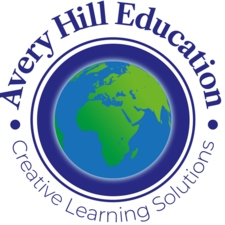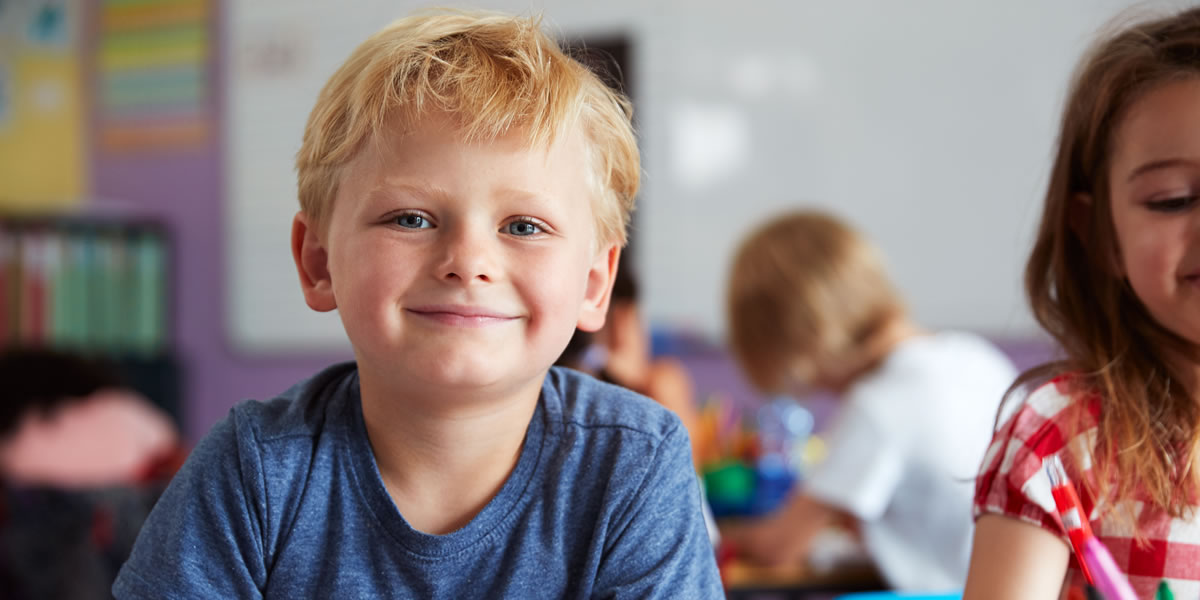Pick up that toy cup of tea to be shared with teddy, make music with your voice as you become a character from a child’s favourite story, and you can be forgiven for thinking you’re doing nothing but having fun. Yet in these actions – story-telling and role-play games– you’re accessing immensely powerful learning tools. Through this type of ‘play’ we unlock the door to a lifelong love of learning, but also an ability to learn.
Since the days of the caveman, stories have been a human’s most powerful communication tool. It’s actually essential when it comes to teaching children. Really, story-telling is incredibly hard-wired in to our make-up.
The Human Brain and Story-Telling
Numerous scientific studies link stories to our wider understanding and brain activity. Get immersed in a good story and it’s not just the language processing function of our brain that is activated. Other regions of our brain, those which would be used if we were actually living the story, are activated too. That’s really quite incredible.
This is true for adults. But it’s even truer for young children whose brains are developing rapidly, along with their understanding of cause and effect. For example, stories can affect a child’s understanding of race, culture and gender. Children learn not just facts and information from stories, it’s not even just that they also learn their or another language in this way, but they learn everything.
Story-Telling is the Foundation of Learning
This neuroscientific understanding of human communication and story-telling enables us to realise what a powerful instrument we have at our disposal as teachers and parents. If we realise that reading a child a story isn’t simply a time to snuggle, bond and develop language but also a time to accelerate their ability to learn, then we’ll want to find the resources that enable this to happen.
This happens because through stories children develop a critical thinking ability which stands them in good stead for learning everything from maths to how to interact socially. What’s more is that this is particularly potent in very young children.
Understanding the power of the story enables us to see that story-based learning programmes for children don’t just develop literacy or language. They also develop everything from communication skills to social behaviour, cultural awareness to maths – stories really empower learning in every facet of development.
A Cambridge University study showed that children who listen to fictional stories are more adept at understanding others and develop theory of mind. Story-telling, and its associated physical practice of role-play, is literally training the brain.
The Importance of Role-Play with Story-Telling
We’ve seen how stories for kids have scientific reasoning. Before you rush out to start telling stories to all the children you know what else is important?
Story-telling is, by its very nature, highly variable. If stories can be so powerful it stands to reason that this power can be harnessed to greater or lesser potential, and to greater or lesser good.
If we use stories for learning, we want to harness more than the absolute basics. Yes, we can teach a second language easily to young children in this way, but are there ways to increase its potency? This is where role-playing comes in.
Role-play is the physical enactment of a story. Through role-play comes an interactive dialogue where the child is immersed in the imaginative world. The question and answer process of role-playing increases the benefit of the story itself. It checks comprehension and cements concepts.
Learning Through Stories and Role Play Games
It’s our scientific understanding of the power of story-telling and role-play that is behind the development of The Tales of Arthur the Elf. We wanted to develop something much more holistic than a basic language programme. We wanted to develop a programme which supports and develops the wider needs of the young child, gives them the building blocks of success, and taps in to the resources they have for their own development.
To find out more about our language programme, please see here.

